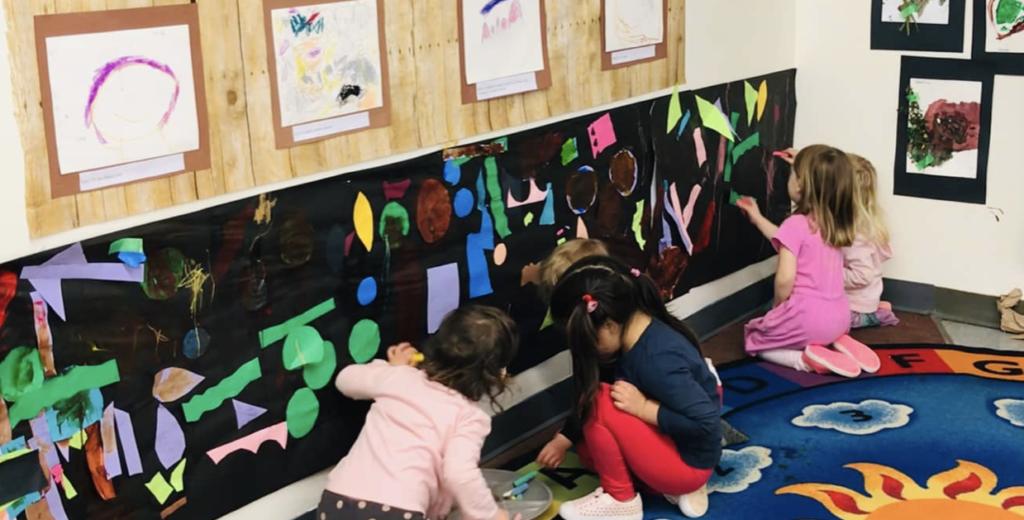You’ve heard about the potentially negative effects of homeschooling on children during the COVID-19 pandemic: The lack of socialization, motivation, and the ongoing temptation not to turn on Cartoon Network.
But what about the impact of homeschooling on your child’s vocabulary?
Ninety-two percent of teachers think recent school closures have worsened the “word gap” — where a child’s vocabulary is significantly below age-related expectations. That’s the new finding from the University of Oxford, one of the world’s most prestigious educational institutions.
So does homeschooling have a detrimental effect on your child’s ability to learn words? What’s the alternative?
Childhood Development Research
A new report, titled “Bridging the Word Gap at Transition,” asked 1,000 teachers in the United Kingdom about childhood development during the pandemic. The results were shocking:
- Ninety-two percent of teachers think pandemic-related school closures negatively affect children’s vocabulary, including the quality and quantity of vocabulary.
- Ninety-four percent find it difficult to support children’s vocabulary development remotely.
- Three-quarters think school closures increase the number of children with a vocabulary deficit.
The conclusion? Children who learn at home are more likely to have problems learning words.
Read more: The Benefits of Outdoor Play at KSS Preschool
Lack of Socialization
There could be several reasons homeschooling affects vocabulary development. One of these is a lack of socialization. It’s simple:
- Many children who learn at home can’t communicate with other children.
- This lack of socialization affects vocab development.
Another study, examining the link between language acquisition and language socialization, suggests communication skills are critical to vocabulary development.
Read more: A New Year. A New Opportunity to Build a Bilingual Brain.
Preschool Improves Socialization
Children who return to preschool can communicate with other students and teachers and improve their vocabulary. They can take part in social activities, interact with others, and learn new skills in a communicative environment. These benefits are valuable for learning a second language like Spanish, which relies on face-to-face communication and socialization to improve learning outcomes.
Is There a Language Immersion Preschool Near Me?
It might be hard to enroll your child in preschool after the last year, but children blossom in social environments. Kids who return to school could significantly improve their vocabulary skills, critical when learning a second language. For peace of mind, consider sending your child back to a language immersion preschool with a proper COVID-19 operations plan.
In the San Francisco Bay Area KSS Spanish Immersion Preschools offers part- and full-time Spanish language immersion programs for children aged 2-6 in a COVID-19-secure learning environment that fosters communication and social interaction. Learn more about enrolling at KSS in May or June.
